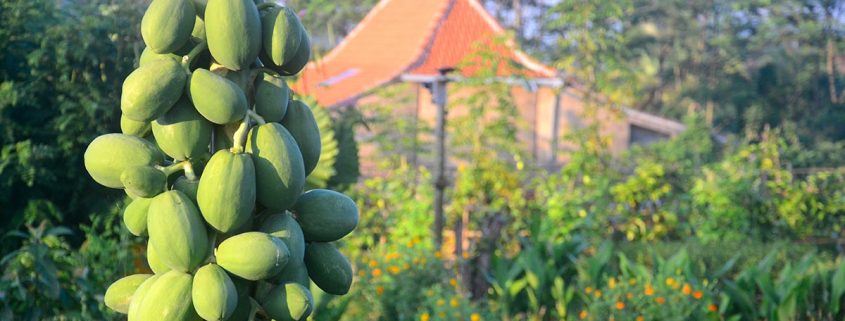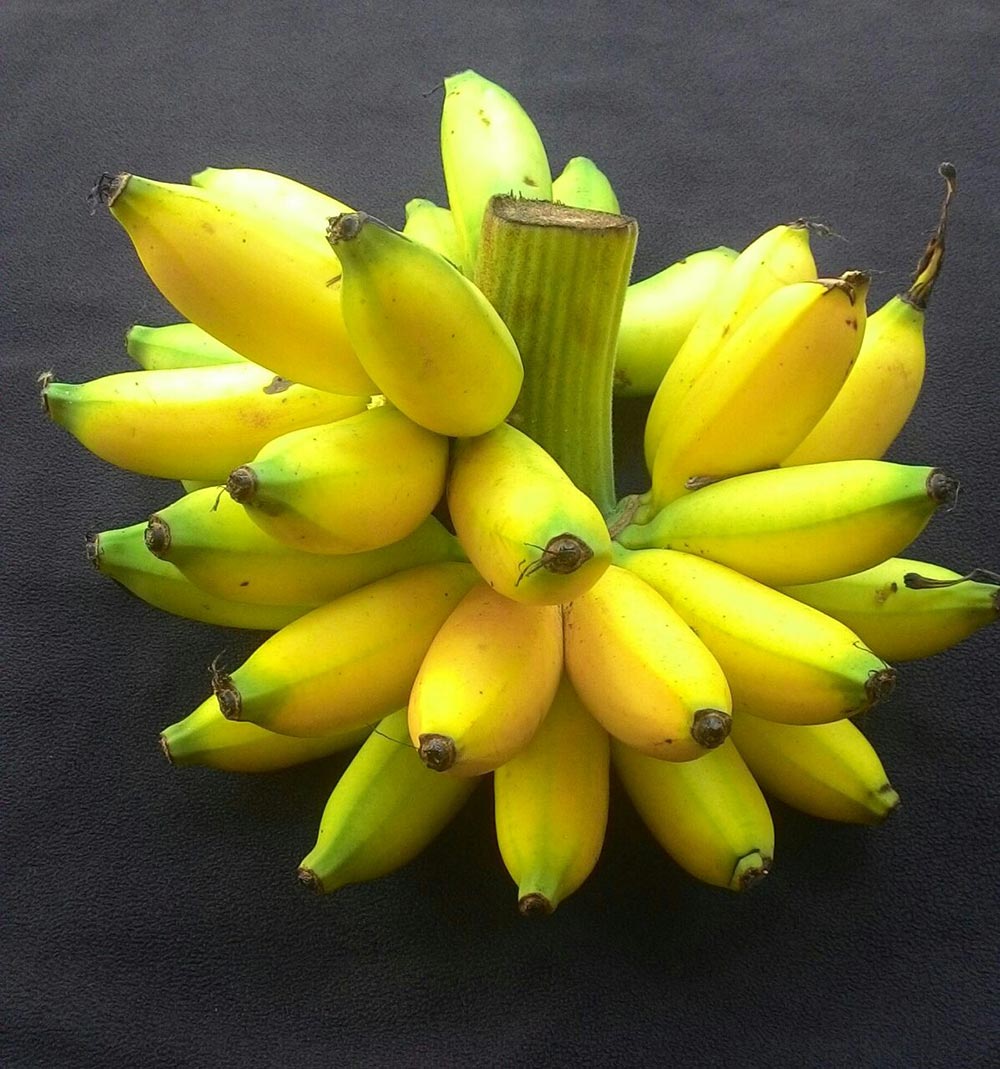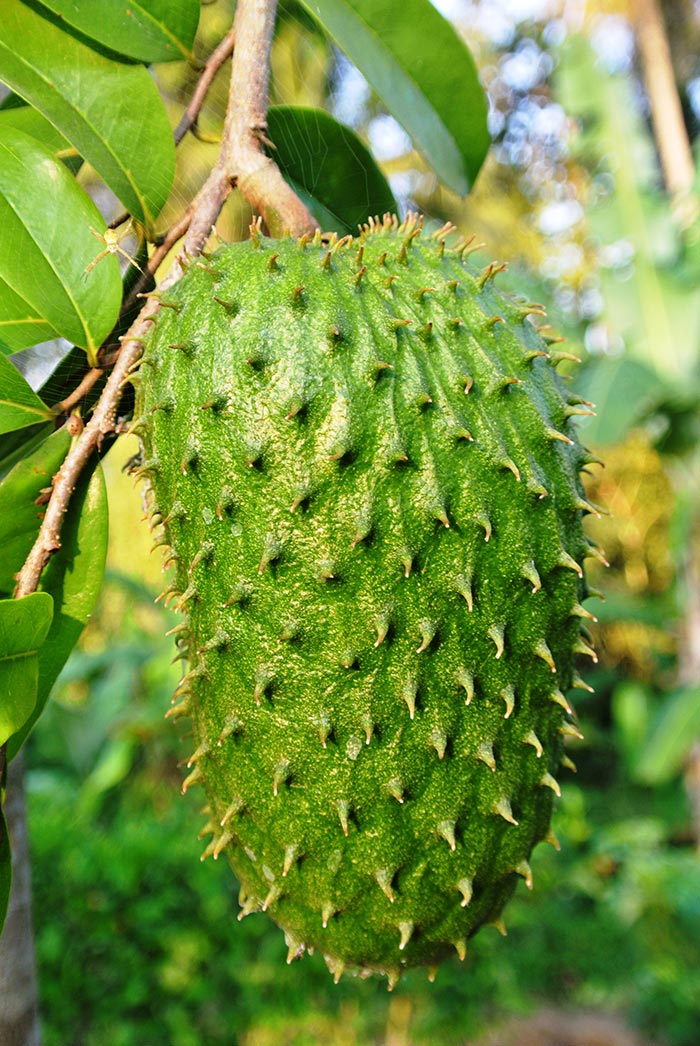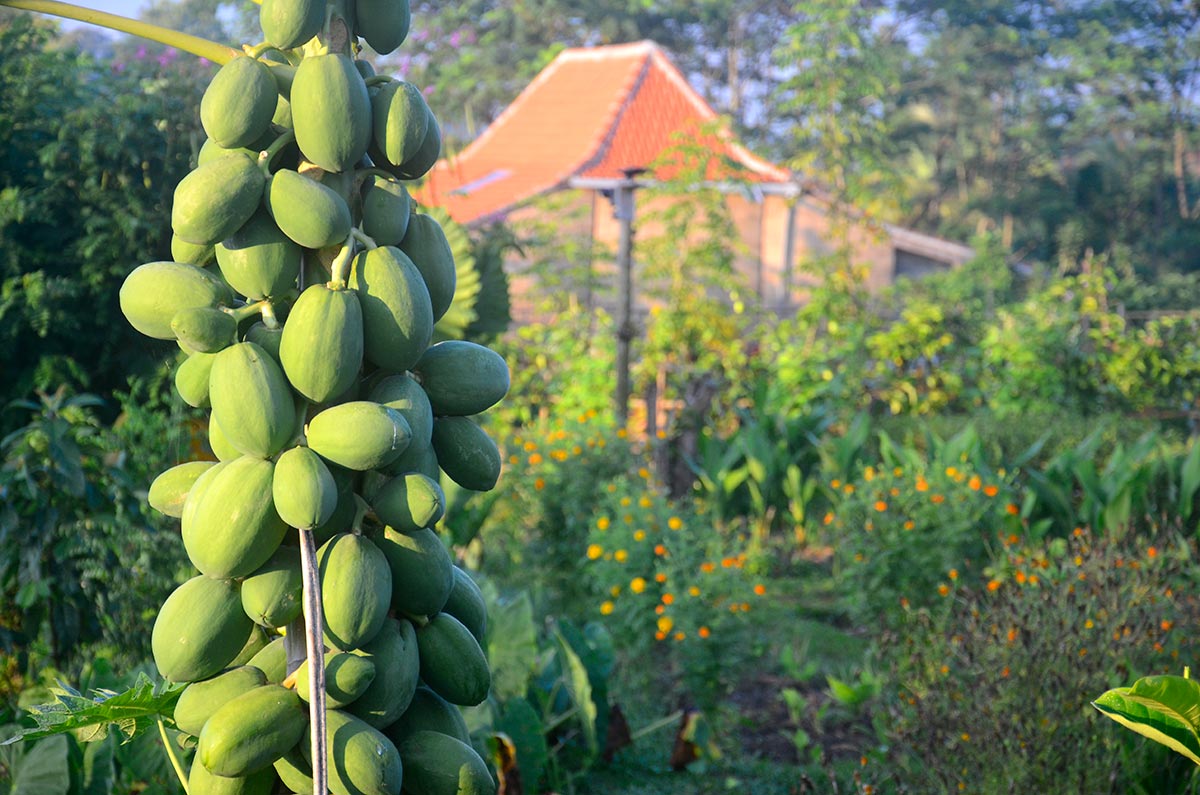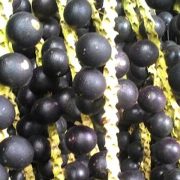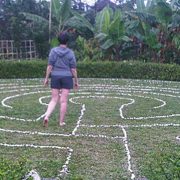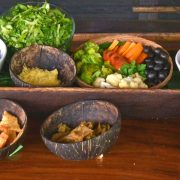Tree food vs plant food
Eating well is a hot topic, hitting an obesity epidemic despite 3 decades of dietary trial and error (fat or low fat, eggs or no eggs, sugar or fake sweetener?)
It seems we are left with this bit of wisdom: ‘Just Eat Real Food’ (JERF)
So what is real food? And can I even buy real food at a real supermarket?
To understand what we need is to understand what we want to change. The current system that fuels the bodies of nearly 7 billion humans runs mostly on crude oil, natural gas, and other finite resources. The fuel for the machinery, factories, fertilizers and refrigerated trucks that fill up those miracle aisles in our local one stop shop wonders.
The system can be credited with feeding an explosive population growth, bumper crops and economic prosperity. But not ‘sustainability’. This system, in it’s unregulated form, is destroying our planet, as it has an insurmountable appetite for forest clear cutting, ocean sweeping and fertilizer slurping and increasingly relies on resources that are limited. We cannot change this system by just buying real food. Nor can we escape a system so desperately relied upon to live.
So what is the best thing we can do today?
- Care and become aware.
- Try to understand the origin of your food and start making better choices; more sustainable, less destructive choices.
- At a level you can afford.
Spending extended time converging with Nature, I’ve a fascinating self sustaining aspect; fruit is one thing nature really wants us to eat.Since the dawn of primates, trees have tempted us with sweet and aromatic edibles, in the hope that the consumer would spread their seeds. Hundreds of years of horticultural refining and human genius has offered us increasingly juicier and more attractive varieties.
Trees truly are the gift that keep on giving, unlike perennial vegetables. They don’t require soil tilling, heavy fertilizing and in a balanced setting have a positive impact on the environment.

